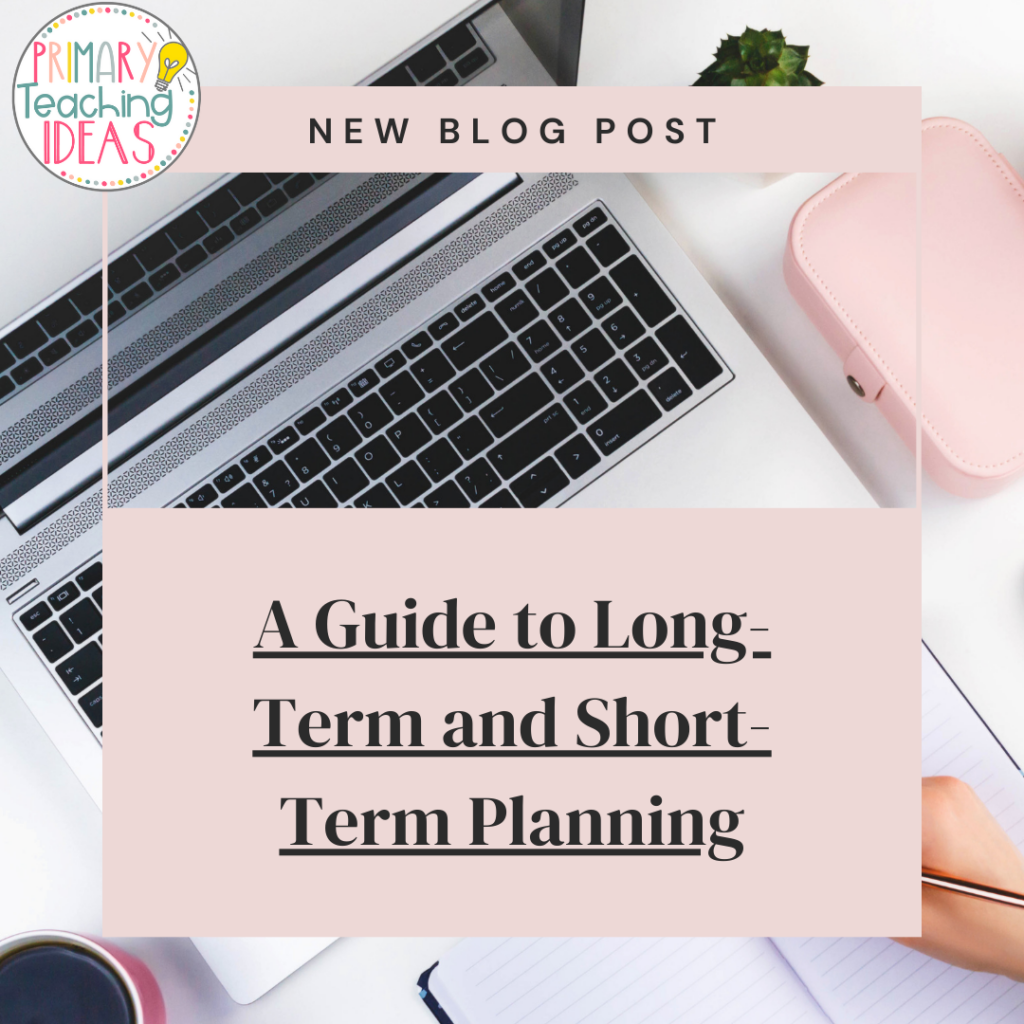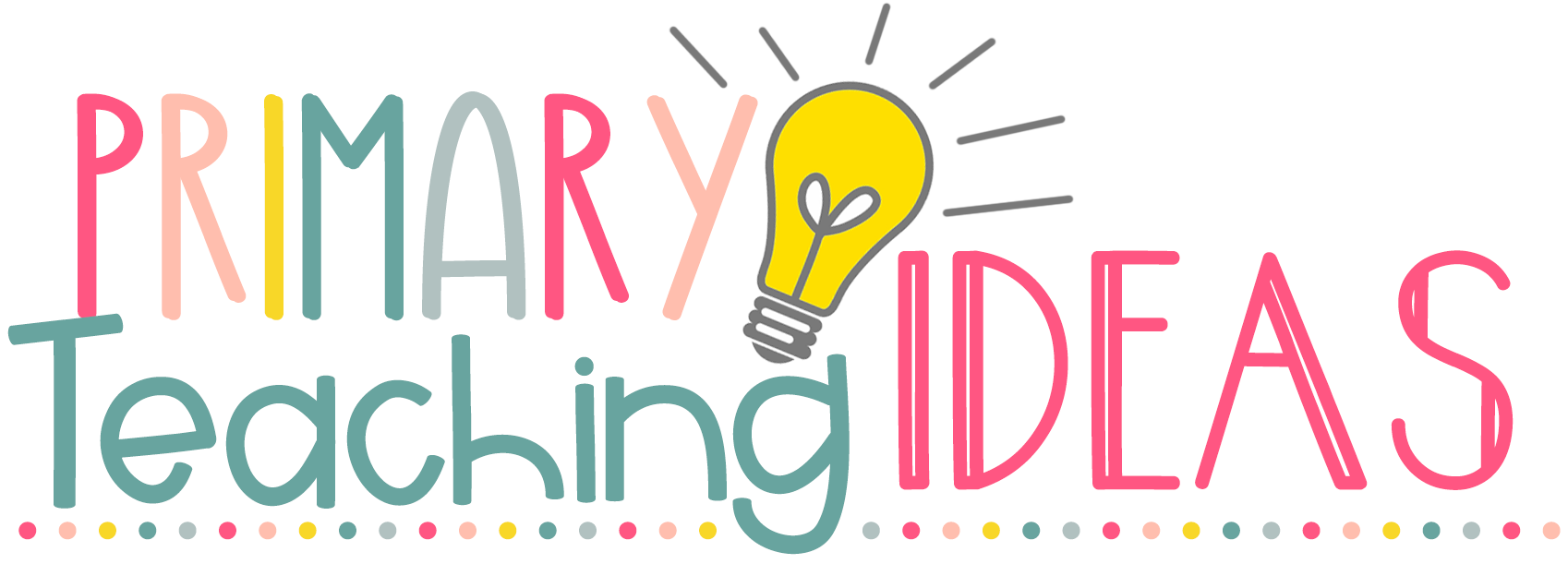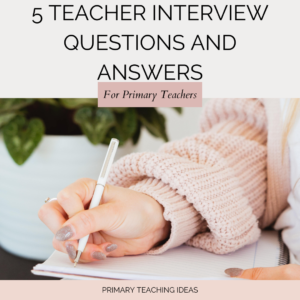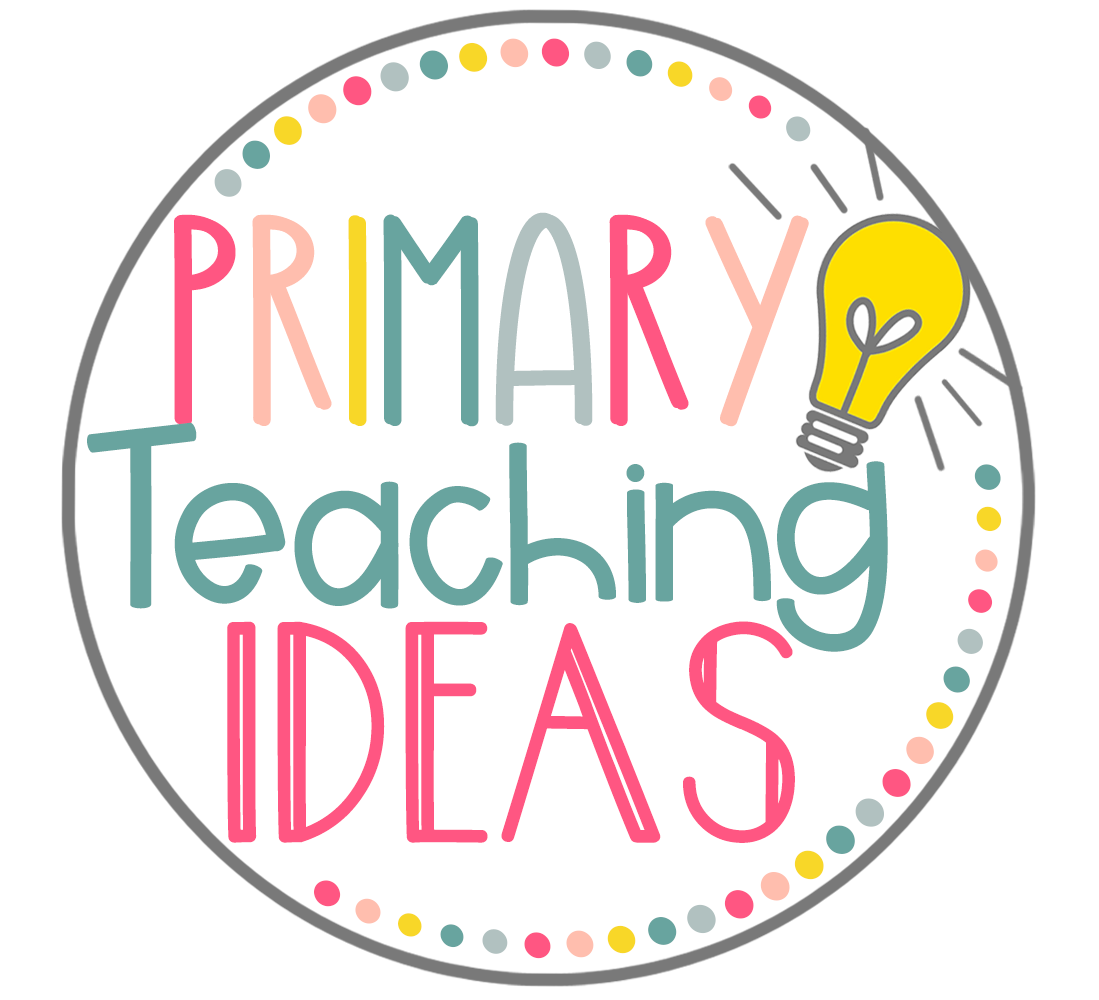
Planning is the backbone of effective teaching, enabling primary school teachers to create structured, engaging, and meaningful learning experiences for their students. In Ireland, balancing long-term and short-term planning is essential for aligning with the Primary School Curriculum while catering to the diverse needs of students. Whether you’re a newly qualified teacher or a seasoned educator, here are some tips to aid your planning process and make it both purposeful and manageable.
Understanding Long-Term and Short-Term Planning
Long-Term Planning: Long-term planning provides the overarching structure for the academic year. It outlines what you aim to teach, the key milestones, and how these align with curriculum objectives. Think of it as your roadmap—a high-level view that ensures coverage of all necessary areas while allowing flexibility for student needs and unforeseen events. Some schools allow termly planning. This was how it was done in my old school and now as principal in my new school, this is how I also structure the yearly planning. Teachers plan for term 1, term 2 and then term 3. I feel it is difficult for teacher to anticipate what exactly they plan to teach in June when they are writing their plans in September.
Short-Term Planning: Short-term planning focuses on the day-to-day and week-to-week activities. It involves a detailed fortnightly plan (or weekly if in SET), including specific learning outcomes, learning activities, differentiation and methods for assessment. Short-term plans are the stepping stones that bring your long-term vision to life.
Tips for Effective Long-Term Planning
- Start with the Curriculum: Familiarise yourself with the Primary School Curriculum and the specific strands and strand units for each subject. Use the curriculum as your anchor to ensure that your long-term plan is comprehensive and aligned with national guidelines.
- Set Clear Goals: Outline the key skills, knowledge, and attitudes you want your students to develop over the year. Prioritise these goals to ensure focus and coherence.
- Break It Down: Divide the school year into manageable chunks, such as terms or months. Assign specific strands, topics, or themes to each month or fortnightly, ensuring balanced coverage of subjects.
- Use Integration if possible: Identify opportunities to connect subjects. For example, a history topic on the Great Famine could tie into English (writing diaries), geography (migration), and art (illustrations).
- Plan for Differentiation: Anticipate the diverse needs of your students. Build in strategies for varying abilities, including extension activities for advanced learners and additional support for those who need it.
- Be Flexible: Recognise that your plan is a living document. Adjust as needed based on student progress, unexpected events, or emerging interests.
Tips for Effective Short-Term Planning
- Focus on Specific Outcomes: Define what students should know, understand, or be able to do by the end of each lesson or fortnightly. Use clear and measurable language for these outcomes from the Primary Curriculum.
- Use a Variety of Teaching Strategies: Engage students with a mix of activities, including hands-on tasks, group work, digital tools, and discussions. Variety keeps lessons dynamic and caters to different learning styles.
- Use appropriate and varying Resources: Incorporate available resources such as textbooks, online platforms, and local libraries. Tailor these materials to suit the needs of your class.
- Plan Assessments: Include regular formative assessments to gauge student understanding and adjust your teaching accordingly. Use techniques like questioning (higher and lower order), peer reviews (peer correcting and feedback), and quick quizzes (Kahoot! is great for this).
- Reflect and Adapt: At the end of each week, review what worked well and what didn’t. Use these reflections to inform your next steps and refine your approach.
- Integrate Wellbeing Activities: With the growing focus on student wellbeing, incorporate activities that promote mindfulness, social-emotional learning, and resilience into your daily plans.
Practical Tools and Resources for Irish Teachers
- NCCA Planning Templates: The National Council for Curriculum and Assessment (NCCA) provides useful planning templates that align with the Irish curriculum. These can help streamline your process.
- Digital Tools: Tools like Google Workspace, Seesaw, and Padlet can aid in organising plans, sharing resources, and collaborating with colleagues.
- School Policies: Make sure you consult your school’s planning policies to ensure your plans align with whole-school approaches and priorities.
- Professional Development: Engage with CPD courses, webinars, and workshops offered by organisations such as the Irish National Teachers’ Organisation (INTO) and Education Centres.
- The NCCA (National Council for Curriculum and Assessment) document on preparation for teaching and learning: provides guidance for Irish primary school teachers on creating effective, flexible, and student-centered plans. It emphasizes aligning plans with the Primary School Curriculum while being adaptable to the needs and interests of the students. The document encourages a balance between long-term and short-term planning, ensuring clarity in learning outcomes and methodologies.
Finding Balance
While planning is crucial, it shouldn’t be overwhelming. Strive for a balance that allows you to prepare effectively while maintaining time for your own self-care, your life outside of school and creativity. Collaboration with colleagues can also lighten the load and inspire fresh ideas.
Finally….
Effective planning helps you to provide high-quality education while staying responsive to the needs of your students. By investing time in thoughtful long-term and short-term planning, you can create a positive, engaging, and structured learning environment that supports student achievement whilst you enjoy well balanced lessons.
My term 2 and 3 plans for Junior and Senior Infants Long and Short Term Plans are for sale below. Please note they do not follow any particular programme in any subject and plans reflect the new Primary Language Curriculum while being fully editable. The new maths curriculum is not included in the plans below.
Happy planning! 😊







